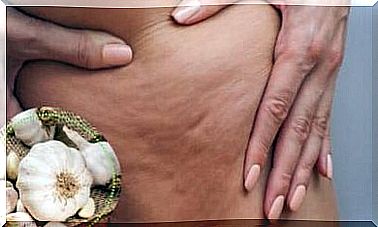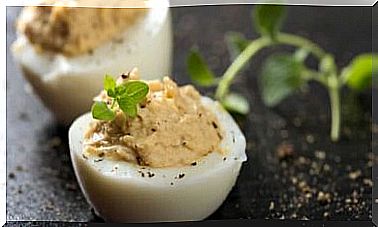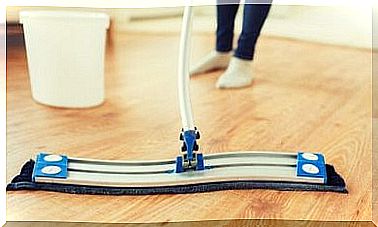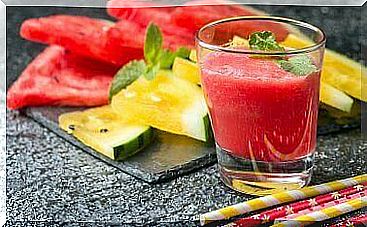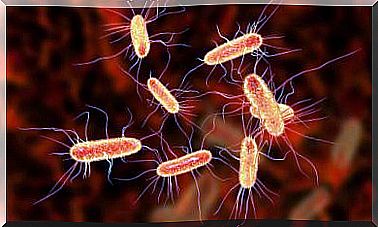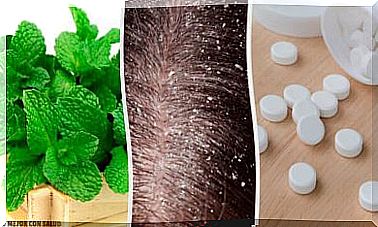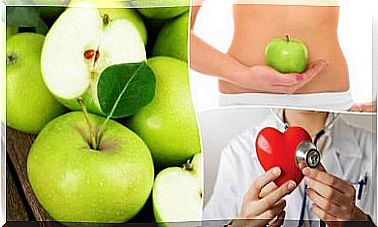Foods With Laxative Properties Against Constipation
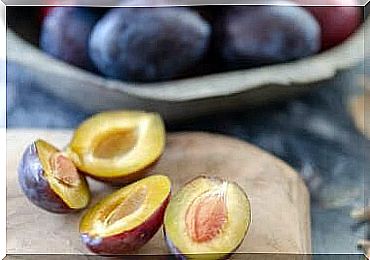
Do you suffer from constipation? Do you sometimes have more days between defecations? If this sounds familiar, this article is for you! We talk about some foods that have laxative properties and can make your gut work better.
The NIDDK (The National Institute of Diabetes and Digestive and Kidney Diseases) definition of constipation is bowel function three times or less in a week.
NIDDK also says that when a person suffers from constipation, the stool usually becomes very dry and hard, which can cause pain when defecating. The organization also notes that all people suffer from constipation from time to time in life. In many cases, constipation lasts for a short time and is not considered severe.
In addition, NIDDK points out that the bowel does not necessarily empty daily, which is quite normal. However, it is important to monitor for any possible changes in bowel function and to see a doctor or specialist if necessary.
How can I treat constipation?
First, people with constipation should exercise regularly. It doesn’t have to be intense – walking, swimming or other physical activity three or four times a week is enough.
They should also take care of hydration and eat enough fiber.
Also, if you need to go to the bathroom, don’t wait. Go to the bathroom as soon as you feel the need for it. Waiting for the toilet will only negatively affect your state of being.
You can also train your intestines to make them function more regularly.
How do you do that?
It is easy!
Try to schedule a daily toilet visit. Try your best to keep it the same every day.
Nutrients with laxative properties

Fortunately, there are many foods with laxative effects. They can help you make your gut work better and easier. Fiber-rich foods are in this main position to fight constipation.
For this reason, it is really important to eat fiber. This helps to normalize bowel function and the passage of food waste through the body. However, you need to include fiber in your diet little by little. Otherwise, you may get flatulence and bloating if you suddenly start eating a lot of fiber.
You should ask your doctor about the recommended daily amount of fiber. Both gender and age affect the recommended daily amount of fiber.
Below you will find information on three different foods that have natural laxative effects. Including these foods in your diet can help you fight constipation.
1. Apples
Apples are well known for being full of nutrients and other benefits that keep us healthy. They contain a large amount of pectin, which forms a gel when in contact with water.
This promotes intestinal health in two ways:
- First, the gel absorbs water, so it is beneficial for people with diarrhea.
- These gels act as gastrointestinal moisturizers. It helps the digestive tract (a soft, semi-flowing food half-digested by the stomach) to pass more easily through the intestines.
2. Plums
Plums are well known for their laxative properties.
They are good sources of sorbitol. The bacteria in the microbiota internalize this and convert it into a polyalcohol. This causes the digestible melt to attract water, which in turn helps the digested food to move properly through the intestines. Thus, plums offer laxative properties.
3. Oranges

In the case of oranges, their laxative effects lie in the characteristic ingredient of the fruit.
According to some studies, the flavanones contained in oranges are responsible for the secretion of chlorine ion in the colonic epithelium. This creates an osmotic pressure that helps in the secretion of fluids, i.e. it has laxative effects.
Foods with other laxative properties
Flax seeds, raisins, berries, peaches, kiwis and dry apricots also have laxative effects. Pasta, whole pancakes, pancakes, bread and biscuits made from whole grains or fibrous grains can also help treat constipation.
There are also vegetables that promote intestinal function. For example, broccoli, asparagus, pumpkin and unpeeled potatoes help with digestion and bowel function. Salads made from spinach, lettuce and cabbage are also useful.
Legumes such as peas, white beans, chickpeas and lentils are also good foods for constipation. In addition, the diet also provides fiber from seeds such as chia seeds as well as nuts such as walnuts and almonds.
